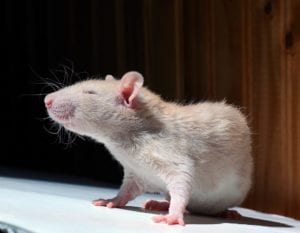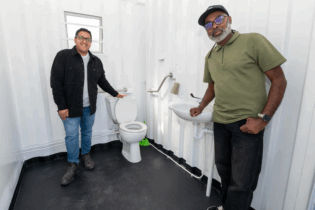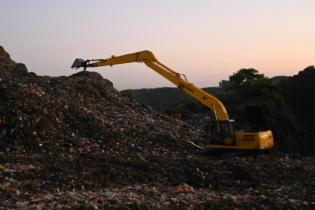Khayelitsha is densely populated and, unfortunately, education around effective waste management remains a challenge for City of Cape Town officials. As there continues to be an abundance of food waste that rats can feed on, rodents simply avoid the food-baited traps (block baiting) laid down by officials and so these methods have proved ineffective in combating the pests.
“The sub-district has therefore opted for a different approach after it became apparent that block baiting was not having the desired impact,” says the city councillor Siyabulela Mamkeli. Community buy-in The City’s health directorate is rolling out a new rodent control strategy in Khayelitsha, in partnership with the nine wards in the sub-district. Just over R700 000 will be spent on the new rodent control measures this summer. The strategy sees the City moving away from the former block-baiting in in favour of a “live catch” approach. The new strategy involves going door-to-door to create community awareness and to get the approval and buy-in of residents. The city health department is now issuing baited rodent cages to participating households, carries out monitoring visits, records daily counts of rats caught by the cage traps, and maintains and repairs cages where necessary. Expanded Public Works Programme (EPWP) workers are assigned specific areas within each ward and are required to remove any rats that have been caught and re-set the traps.During a pilot project that got underway in three wards in October 2014, R180 000 was secured via ward allocations, which saw the creation of 22 EPWP work opportunities and the disposal of 4 500 rats. With the most recent roll-out of the project, the nine wards in Khayelitsha have contributed R730 000 that will see the creation of at least 75 EPWP work opportunities, while attempting to reduce the rodent population in the area.
‘Based on our past experiences in dealing with the problem, we felt that increasing the use of poison through block-baiting is a risk and a waste unless all the alternative food sources for the rats are removed and they only have poison to feed on. This is an impossible task to achieve as a single department. The cages provide an alternative method which is poison-free and has a guaranteed catch rate. Solving the waste problem Where applicable, the City has said it will institute legal action against persons responsible for creating conditions that encourage rodent breeding. Other measures that the City has in place include:- The appointment of waste contractors to collect waste in both formal and informal areas throughout the city
- provision of rodent-proof waste containers across the city
- ongoing waste management education in schools and communities







